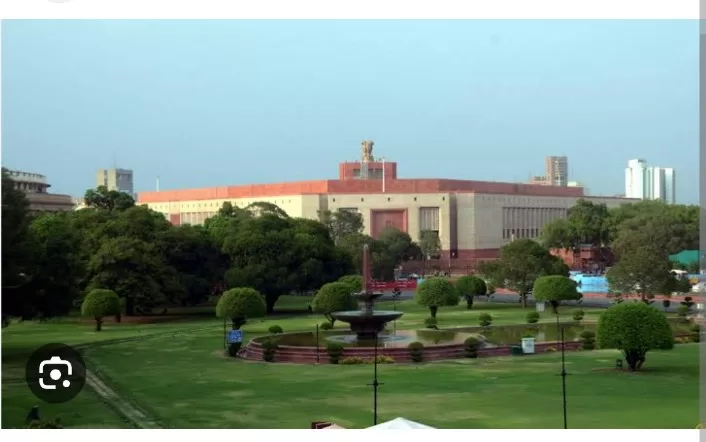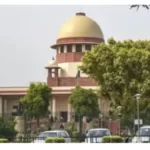In a momentous development, the Lok Sabha, in commemoration of India’s 75th year of Independence, has successfully passed a historic bill, reserving 33 percent of parliamentary and state assembly seats for women. This significant achievement marks the bill’s first-time introduction and successful passage in the lower house.
Key Highlights of This Monumental Milestone:
1. The bill secured approval through a unanimous voice vote during a specially convened five-day session held at the new parliament.
2. Impressively, the bill garnered the support of 454 Members of Parliament (MPs), with only two MPs voting in opposition. Tomorrow, on Day Four of the special session, the bill is slated for presentation in the Rajya Sabha.
3. Notably, the full realization of this quota awaits the completion of a national census and a constituency delimitation process, which is expected to extend the timeline by at least six years—a point of contention that has sparked vigorous debate within the Opposition.
4. Union Home Minister Amit Shah, however, reassured the nation that both the census and delimitation procedures will commence following next year’s general elections.
5. This accomplishment represents the Lok Sabha’s maiden approval of the bill. The previous attempt in 2008, drafted by the UPA government, was able to clear the Rajya Sabha but faced opposition from parties advocating for quotas for Other Backward Classes (OBCs).
In a compelling address, Mr. Shah criticized Opposition parties for their perceived lack of commitment to the bill, alleging political maneuvering.
“This marks the fifth endeavor to bring forth this legislation, spanning from HD Devegowda to Manmohan Singh. It is imperative to scrutinize the reasons behind its previous failures,” he asserted, retracing the bill’s journey.
Launching the debate, Congress leader Sonia Gandhi emphasized that the bill’s origins trace back to the UPA government. She advocated for the immediate implementation of the bill and called for the inclusion of women from Scheduled Castes (SC), Scheduled Tribes (ST), and Other Backward Classes (OBC) communities in the reservation.
Congress scion Rahul Gandhi expressed his reservations, stating, “Two aspects raise questions. Firstly, the notion that a new census and delimitation are prerequisites for this legislation’s implementation, whereas it could be enacted today. I wonder if this delay is designed to postpone the bill’s realization by seven or eight years, allowing it to unfold as it may.”
This historic passage of the Women’s Quota Bill in the Lok Sabha signifies a significant step toward achieving gender parity in India’s legislative bodies. The bill’s progress to the Rajya Sabha promises further deliberation and scrutiny, as India marches toward an era of enhanced representation and inclusivity in governance.




